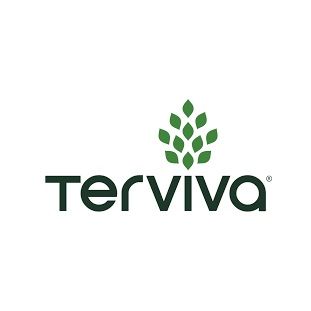Terviva receives investment from Chevron Renewable Energy Group to scale renewable pongamia for biofuel production

October 15, 2024
BY Terviva Inc.
Terviva Inc., an agricultural innovation company working with farmers to grow and harvest pongamia for food, feed and fuel, today announced its investment from Chevron Renewable Energy Group. Together, the two companies expect to scale Terviva’s pongamia-growing operations and drive greater availability of pongamia as a feedstock for renewable fuels production. The new arrangement signals Terviva’s strategic growth and global scalability as well as the advancement of pongamia as a lower carbon resource for biofuels production.
Terviva's elite pongamia cultivars have been developed over 15 years of research trials spanning nearly 2,000 acres in the U.S. and Australia. Terviva’s pongamia trees produce three or more metric tons of beans per acre, which feature a high oil content. The harvested beans are processed to produce oil, which can then be used as a feedstock, or raw material, for the biofuels industry. The combination of high oil yields with low inputs can create biofuels with reduced greenhouse gas emissions compared to traditional fossil fuels.
“Crude pongamia oil can be converted into biodiesel, renewable diesel, or sustainable aviation fuel (SAF). In working with Chevron Renewable Energy Group, we can increase the availability of feedstocks for production of these fuels while promoting our mission to revitalize agricultural land and communities. This relationship benefits stakeholders up and down the value chain, from farmers cultivating pongamia to fleets looking for lower carbon fuels,” said Naveen Sikka, founder, and CEO of Terviva. “Together, Chevron Renewable Energy Group and Terviva are generating economic opportunities and promoting environmental stewardship.”
As a regenerative tree crop, pongamia has a positive impact. Pongamia is resilient and can survive with erratic water access and tolerate extreme heat. Additionally, pongamia’s nitrogen-fixing properties enrich soils while reducing reliance on synthetic fertilizers.
Advertisement
“Increasing the availability of lower carbon feedstocks for renewable fuels production is going to be an essential component for continued growth of the biofuels industry,” said Jan Slaghekke, Vice President of Business Development and International Operations for Chevron Renewable Energy Group. “We are excited by the work Terviva is doing to scale the production of pongamia as a lower carbon feedstock for the biofuels industry and look forward to our relationship in helping this reach further commercialization.”
Advertisement
Related Stories
MOL Group has produced a diesel fuel containing hydrotreated vegetable oil (HVO), and sustainable aviation fuel (SAF) at the refinery of Slovnaft in Bratislava. The quality of the products has been verified by radioisotope analysis.
More than 1.76 billion renewable identification numbers (RINs) were generated under the Renewable Fuel Standard in January, down from 1.91 billion generated during the same period of 2024, according to data released by the U.S. EPA on Feb. 20.
The U.S. EPA on Feb. 20 released updated small refinery exemption (SRE) data showing that 13 previously denied SRE petitions for Renewable Fuel Standard compliance years 2021 and 2022 are being reconsidered. No new SRE petitions were filed.
OMV Petrom has announced the start of construction for a sustainable aviation fuel (SAF) and renewable diesel (HVO) production unit at the Petrobrazi refinery in Romania. The new facility will have an annual capacity of 250,000 tons.
CVR pauses development of potential SAF projects pending regulatory, tax credit clarity
CVR Energy Inc. released fourth quarter financial results on Feb. 18, reporting reduced renewable diesel production. The company also said it is pausing development of SAF capacity pending clarity on government subsidies.
Upcoming Events










